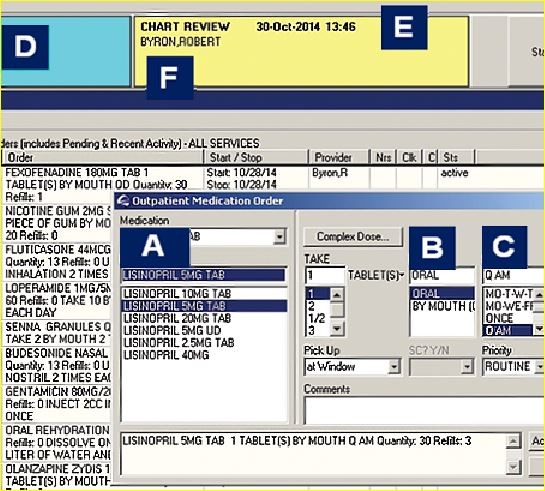A nurse is caring for an adult client recently diagnosed with hypothyroidism. After reviewing the nursing admission assessment, on which documented findings should the nurse plan care for this client?
Select all that apply.
A) Hypothermia
B) Hot flashes
C) Nausea
D) Fatigue
E) Tachycardia
Answer: A, D
Symptoms of hypothyroidism include fatigue, increased need for sleep, bradycardia, cold intolerance, ataxia and balance difficulties, and hypothermia. Hot flashes, tachycardia, and nausea are not symptoms of hypothyroidism.
You might also like to view...
Which type of question should the nurse avoid when communicating with an elder who has aphasia?
a. Those that validate understanding b. Those that have open-ended answers c. Those that require a yes or no answer d. Several questions in a series
When you attempt to move a 10-month-old child from his mother's lap to the examination table, he screams loudly. Your best action is to:
a. move the child to the examination table and proceed matter of factly with the ex-amination. b. ask the mother to try to get the child to stop crying. c. perform the examination while the child is in the mother's lap. d. defer the examination until another day.
Identify the initial action by the ER nurse that is most appropriate for a 42-year-old woman diagnosed with a mood disturbance disorder who overdoses on amitriptyline (Elavil)
a. Induce vomiting by administering 30 mL of syrup of Ipecac. b. Initiate an IV of normal saline at 200 mL per hour. c. Lavage the stomach with a #14 nasogas-tric tube to prevent trauma. d. Administer activated charcoal 50 g every 4 hours for 24 hours.
Referring to this electronic medication order, letter B represents 
A. drug. B. route. C. frequency. D. dose.